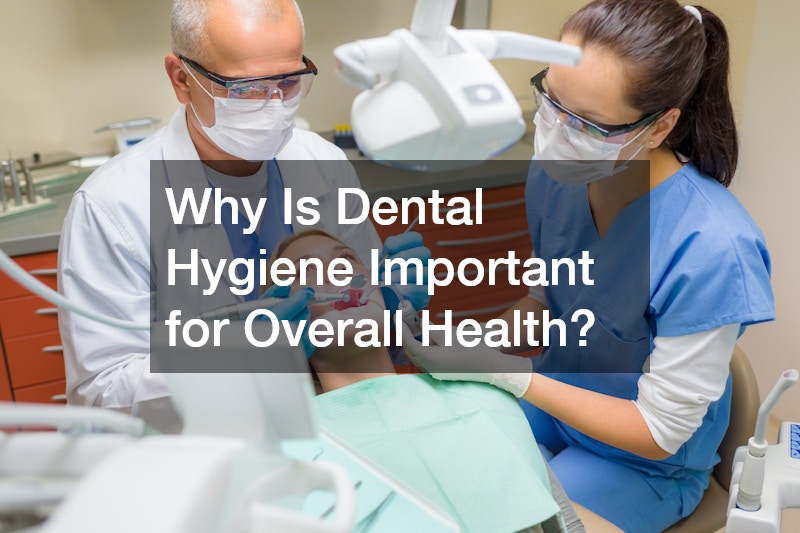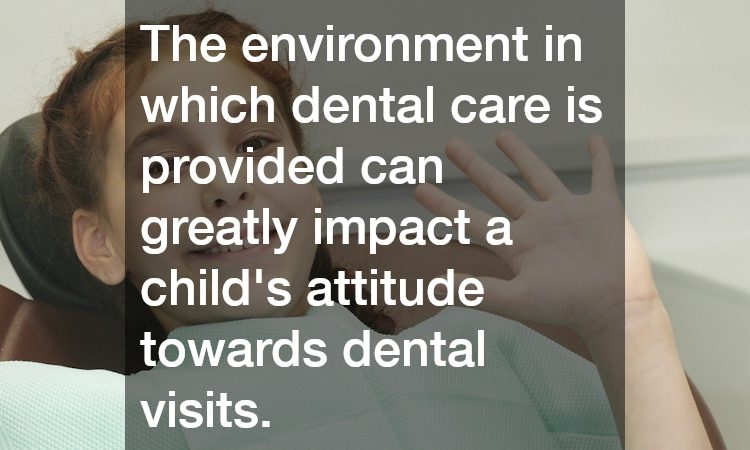Maintaining proper dental hygiene is more than just keeping your teeth clean and your breath fresh. It is a fundamental component of overall health and wellbeing. Many people underestimate the far-reaching impact of oral care, believing it to be limited to the mouth alone. However, growing research has revealed that poor dental hygiene can contribute to a wide range of health complications affecting various systems in the body. From cardiovascular disease to diabetes, the state of your mouth often reflects the state of your general health.
Visiting a trusted dentist regularly and adopting strong oral care habits can help safeguard more than just your smile.
The Link Between Oral & Systemic Health
The mouth is often referred to as the gateway to the body, and for good reason. Bacteria that thrive in the oral cavity can easily enter the bloodstream through the gums, leading to inflammation and infections elsewhere in the body. In healthy individuals with a robust immune system, this may not pose a significant threat. However, when oral hygiene is neglected, these bacteria can multiply and contribute to chronic health conditions. Studies have shown that periodontal disease, a severe form of gum disease, is linked to systemic conditions such as heart disease, stroke, and even respiratory infections.
Heart disease, in particular, has a strong correlation with oral health. Bacteria from inflamed gums can enter the bloodstream, causing inflammation in the arteries and contributing to the build-up of plaque, a known risk factor for heart attacks and strokes. This connection highlights the critical need for regular check-ups with your dentist, who can detect early signs of gum disease and recommend appropriate treatment before it escalates into more serious health issues.
Dental Hygiene & Diabetes Management
Diabetes and dental hygiene share a two-way relationship that makes oral care especially important for individuals living with this condition. High blood sugar levels in diabetic patients can promote the growth of bacteria in the mouth, increasing the risk of gum disease. Conversely, gum disease can make it harder for individuals to control their blood sugar levels, thereby worsening diabetes symptoms and complications.
Good dental hygiene practices—such as brushing twice daily, flossing, and routine dental cleanings—play a vital role in breaking this vicious cycle. A dentist can work in collaboration with other healthcare providers to help manage both dental and medical conditions more effectively. Patients with diabetes must be particularly vigilant, as their increased susceptibility to infections makes preventative oral care even more critical.
Impact on Respiratory Health
While often overlooked, the mouth’s influence on respiratory health is another compelling reason to maintain good dental hygiene. Inhaling bacteria from the mouth into the lungs can result in infections such as pneumonia, particularly in older adults and individuals with weakened immune systems. Dental plaque and gum disease serve as reservoirs for these harmful bacteria, which can easily be transferred during normal breathing or while sleeping.
A consistent dental hygiene routine reduces the bacterial load in the mouth and lowers the risk of respiratory infections. For individuals in aged care facilities or those with chronic lung conditions, regular visits to the dentist become a key component of preventive healthcare. These appointments allow for early detection and treatment of potential issues before they become serious threats to lung health.
The Importance of Dental Hygiene in Pregnancy
Pregnant women face unique oral health challenges due to hormonal changes that increase the risk of gum disease. Conditions like pregnancy gingivitis are common and, if left untreated, can develop into periodontitis. Research has shown that poor dental hygiene during pregnancy may be associated with premature birth and low birth weight, underscoring the importance of professional dental care during this critical time.
Expectant mothers are encouraged to consult their dentist early in pregnancy to establish a care plan that supports both maternal and infant health. Professional cleanings and appropriate oral care guidance can mitigate the effects of hormonal shifts and ensure a healthier outcome for both mother and baby.
Mental Health & Quality of Life
Beyond physical health, dental hygiene has a profound effect on mental wellbeing and overall quality of life. Poor oral health can lead to chronic pain, difficulty eating, and low self-esteem. Individuals who are embarrassed about the appearance of their teeth may withdraw socially, which can impact their relationships, job opportunities, and psychological health.
Conversely, a healthy smile boosts confidence and encourages social interaction. This contributes to a more positive outlook on life, enhancing both emotional wellbeing and societal engagement. A dentist plays an integral role in maintaining this balance, providing not only restorative care but also preventive education that empowers patients to take control of their health.
The Dentist as a Health Partner
Understanding the importance of dental hygiene as part of overall health reinforces the need for proactive and regular dental care. The mouth serves as both a mirror and a gateway to the rest of the body, making its care essential for preventing a variety of systemic diseases. From protecting your heart to managing diabetes and promoting mental wellbeing, the benefits of good oral health extend well beyond the teeth and gums.
Regular visits to the dentist are not merely about fixing cavities or polishing teeth. They are an opportunity to detect early warning signs of broader health issues and to receive tailored advice on maintaining optimal hygiene. By prioritising dental care and forming a lasting partnership with a qualified dentist, individuals can enhance their overall health and enjoy a higher quality of life.




